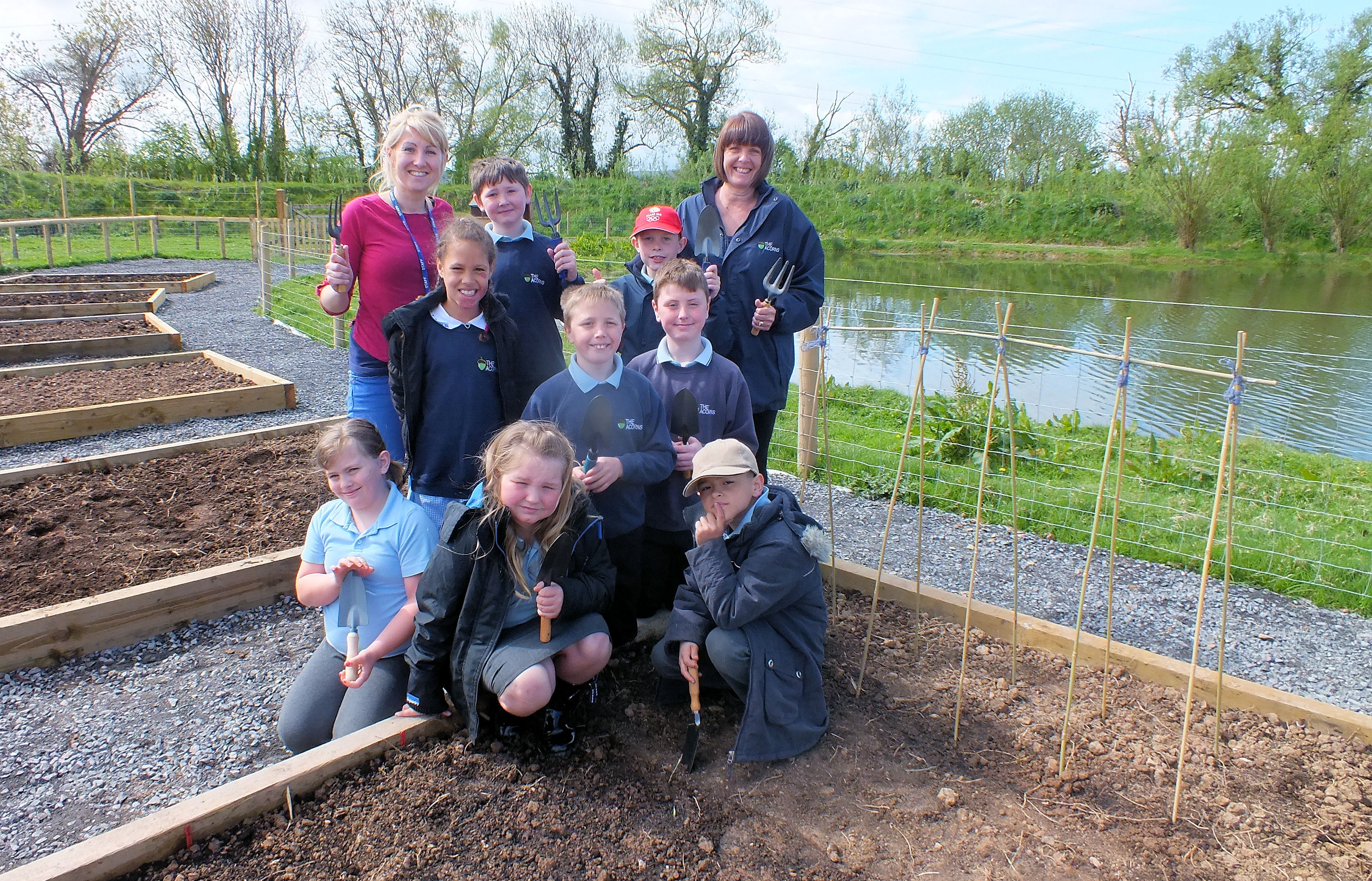Schools Plant Seeds of Change To Bring Food Education to Life
SCHOOLS in the West Country are bringing food education to life thanks to a gardening partnership with Puxton Park tourist attraction.
The Adventure Park, in Hewish, has linked up with 10 schools across North Somerset to provide young people with learning opportunities outside the classroom.
Together they are creating school garden allotments, where green-fingered pupils can plant fruit and vegetables to help foster more positive attitudes towards healthy eating.
The first to plant seeds was Accorns Voyage Learning Campus, in Worle, which provides education to students who are unable to access mainstream school provision for a variety of reasons.

It is estimated there are currently 13 million people in the UK living below the poverty line, many of whom are unable to afford healthy food.
Poor nutrition can lead to poor health outcomes and latest figures show one in three children in the UK are overweight.
Puxton Park wants to work with schools to plant seeds of change and demonstrate to children how to grow food in an ecologically and ethically responsible manner.
Puxton’s Managing Director, Alistair Mead, said: “Often limitations in land availability acts as a barrier preventing schools from creating their own gardens, which is why we have stepped in to support our youth.
“By offering land solely for school gardens we will help to enhance their learning experience outside the classroom using literacy, mathematics and science.
“We hope by encouraging children to connect with food, they will learn about nutrition and develop a more positive association to fruits and vegetables.
“Not only will they learn about how food grows and what it takes for food to grow, they will discover the health benefits involved with growing crops, including decreased exposure to harmful pesticides and food additives.”
Research has shown school gardens are proven to improve nutrition knowledge, increase interest in new foods and engage students with a better understanding of the ecosystem.
The gardens can also help children to foster life skills such as teamwork, leadership, decision-making and communication.

